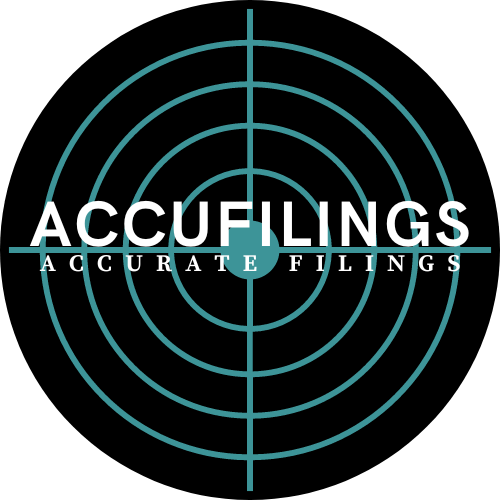Small Business Taxes
A Guide to Small Business Taxes: Everything You Need to Know
Introduction
Running a small business involves handling various tax obligations. This comprehensive guide will help you understand the essentials of small business taxes, including types of taxes, filing requirements, deductions, and credits to ensure you stay compliant and optimize your financial health.
1. Types of Small Business Entities
Sole Proprietorship
- Owned by one person, simplest structure with no legal distinction between the owner and the business.
Partnership
- Involves two or more people running a business together.
Corporation
- Separate legal entity from its owners, offering limited liability protection.
S Corporation
- Corporation with the tax benefits of a partnership, allowing income to pass through to shareholders.
Limited Liability Company (LLC)
- Combines the liability protection of a corporation with the tax treatment of a partnership or sole proprietorship.
2. Important Tax Forms
- Form 1040 and Schedule C: For sole proprietors to report business income and expenses.
- Form 1065: For partnerships to report income, deductions, and credits.
- Form 1120: For corporations to report income, gains, losses, deductions, and credits.
- Form 1120S: For S Corporations to report income, deductions, and credits.
- Form 1099-MISC: For businesses to report payments made to non-employees.
3. Employer Identification Number (EIN)
- A unique number assigned by the IRS used to identify a business entity. Required for corporations, partnerships, and LLCs, and recommended for sole proprietors with employees.
4. Important Deadlines
**March 15**
- Deadline for S Corporation and partnership tax returns (Forms 1120S and 1065).
**April 15**
- Deadline for sole proprietorship (Schedule C) and corporation tax returns (Form 1120).
Estimated Quarterly Payments
- Generally due April 15, June 15, September 15, and January 15 for businesses expected to owe $1,000 or more in taxes.
5. Types of Business Taxes
Income Tax
- Based on the income of the business, with specifics depending on your structure.
Self-Employment Tax
- For sole proprietors, including Social Security and Medicare taxes.
Employment Taxes
- Taxes withheld from employee paychecks, including FICA (Social Security and Medicare) and federal income tax withholding.
Sales Tax
- Collected for goods and services sold, varies by state.
Excise Tax
- Applies to specific types of businesses and products, such as fuel, tobacco, and alcohol.
6. Deductions and Credits
Common Deductions
- Business Expenses: Necessary and ordinary expenses for your trade or business.
- Home Office Deduction: Expenses attributed to the business use of your home.
- Vehicle Expenses: Costs of operating a vehicle for business purposes.
- Employee Salaries and Benefits: Wages paid to employees, as well as benefits provided.
Common Credits
- Small Business Health Care Tax Credit:** For small businesses providing healthcare coverage to employees.
- Work Opportunity Tax Credit (WOTC):** For hiring individuals from certain target groups with significant barriers to employment.
- Research & Development Credit:** For businesses engaged in qualified research activities.
7. Payroll and Employment Taxes
Payroll Tax Withholding
- Deduct federal, state, and local taxes from employee wages.
Employer’s Share of FICA
- Match the Social Security and Medicare taxes withheld from employees.
FUTA Tax (Federal Unemployment Tax Act)
- Employers pay this tax to provide unemployment compensation to workers who have lost their jobs.
8. Common Mistakes to Avoid**
- Misclassifying Workers:** Ensure correct classification of employees vs. independent contractors.
- Inaccurate Record-Keeping:** Maintain accurate and up-to-date records of all business transactions.
- Missing Deadlines:** Stay on top of important tax filing and payment deadlines to avoid penalties.
9. Resources for Help**
- IRS Website (IRS.gov):** Offers a plethora of resources, forms, instructions, and updates.
- Small Business Administration (SBA):** Provides various resources and guidance for small business owners.
- Tax Professionals:** Certified Public Accountants (CPAs) or tax advisors can help navigate complex tax issues.
- Tax Software:** Tools such as QuickBooks, TurboTax, or Xero designed to help you manage business taxes more efficiently.
Conclusion
Understanding small business taxes is crucial for compliance and financial management. By staying informed about your tax obligations, utilizing available deductions and credits, and keeping accurate records, you can ensure your business’s tax affairs are managed effectively. Consulting with tax professionals and leveraging IRS resources can help you navigate the complexities of tax laws and maintain a healthy business.
